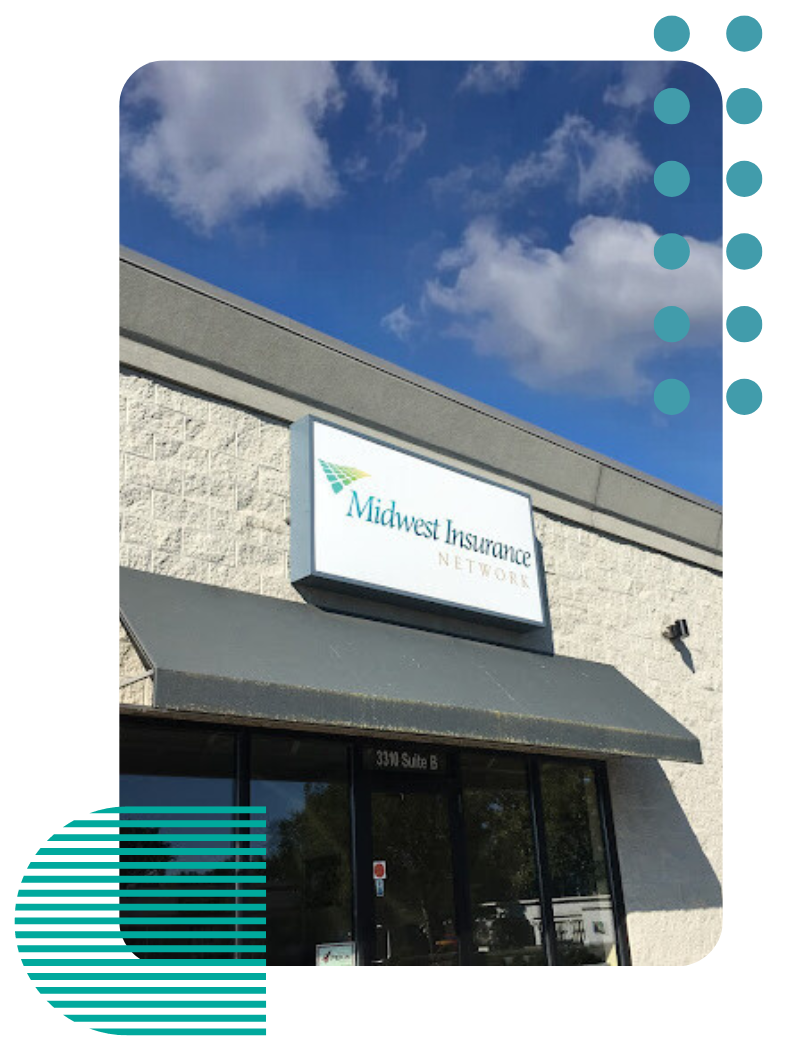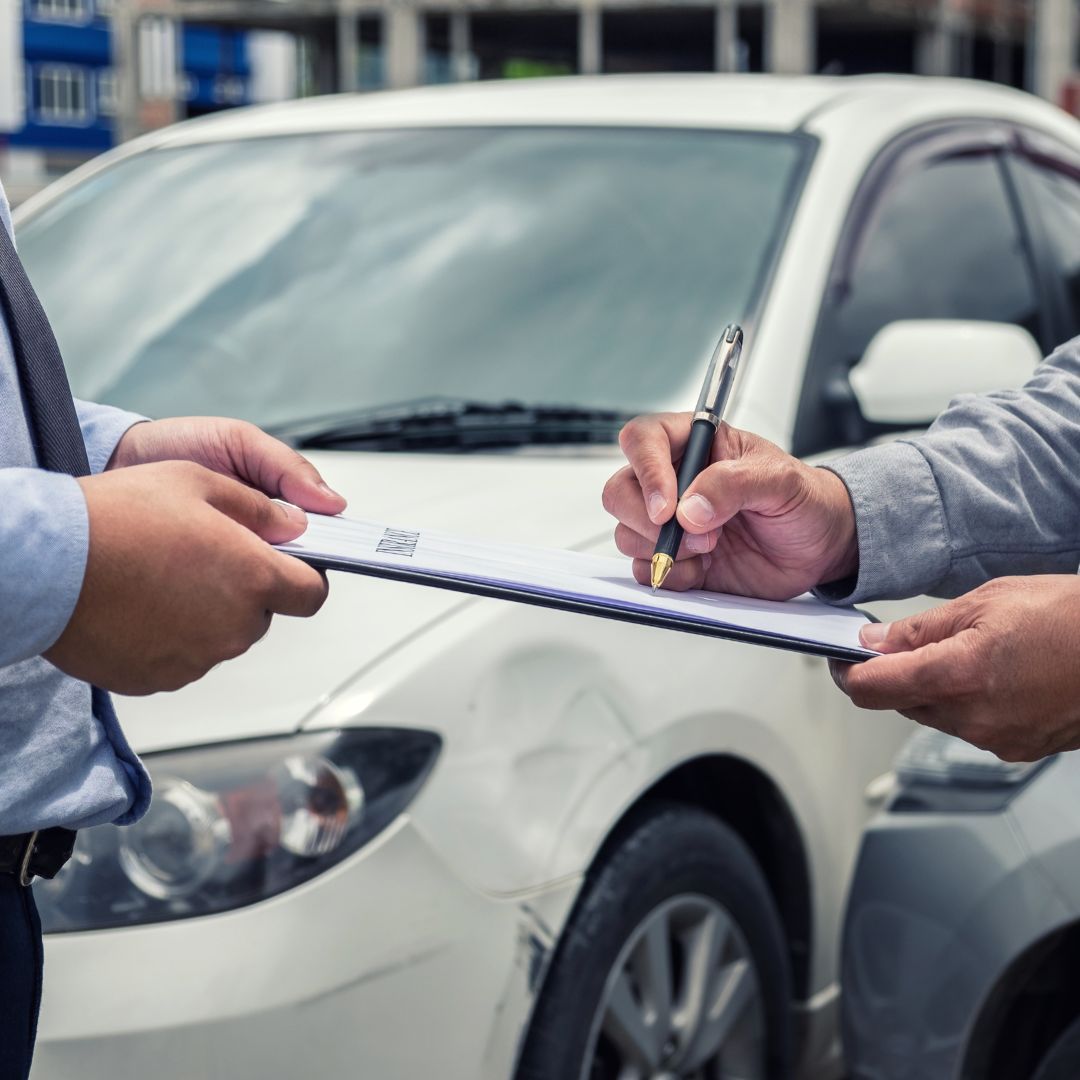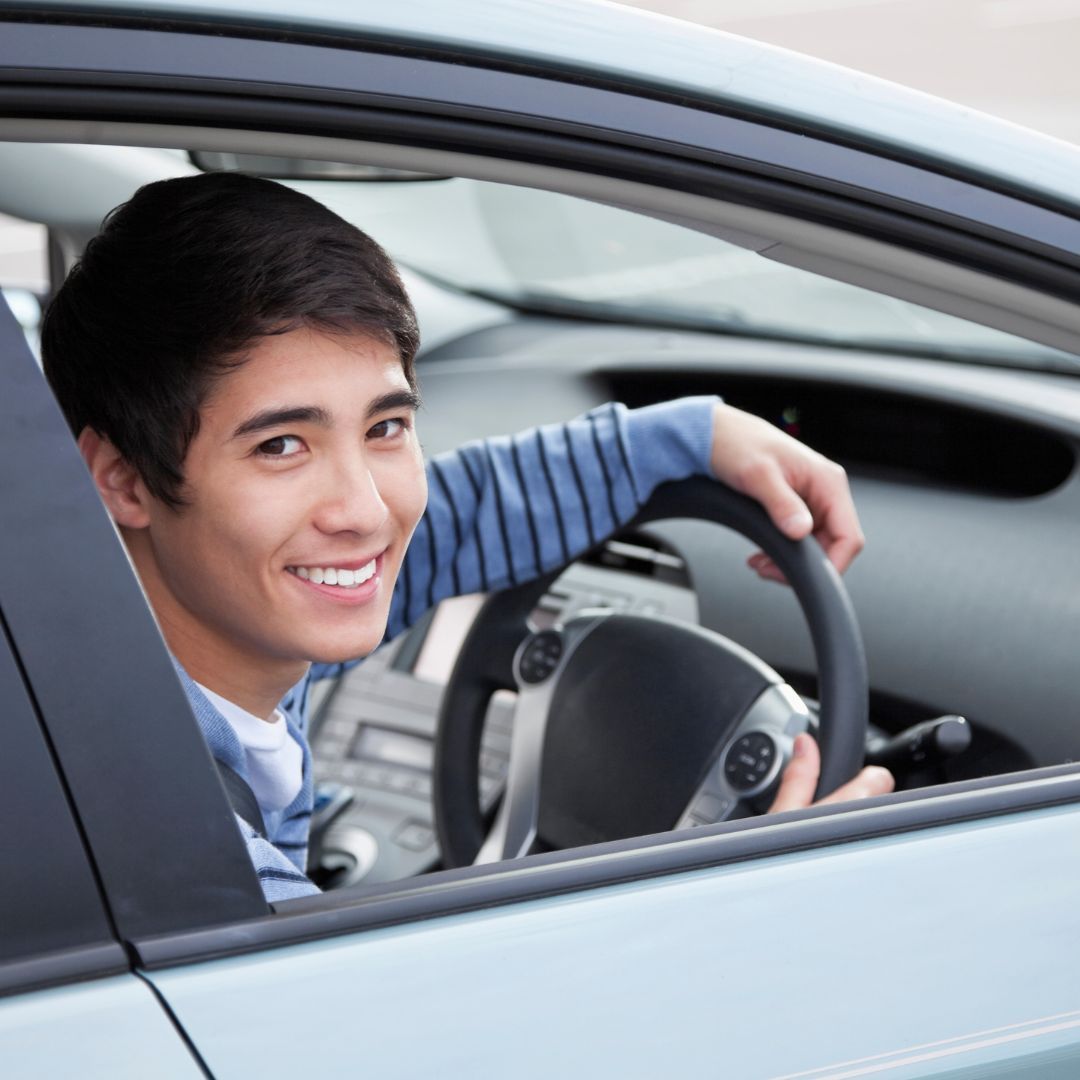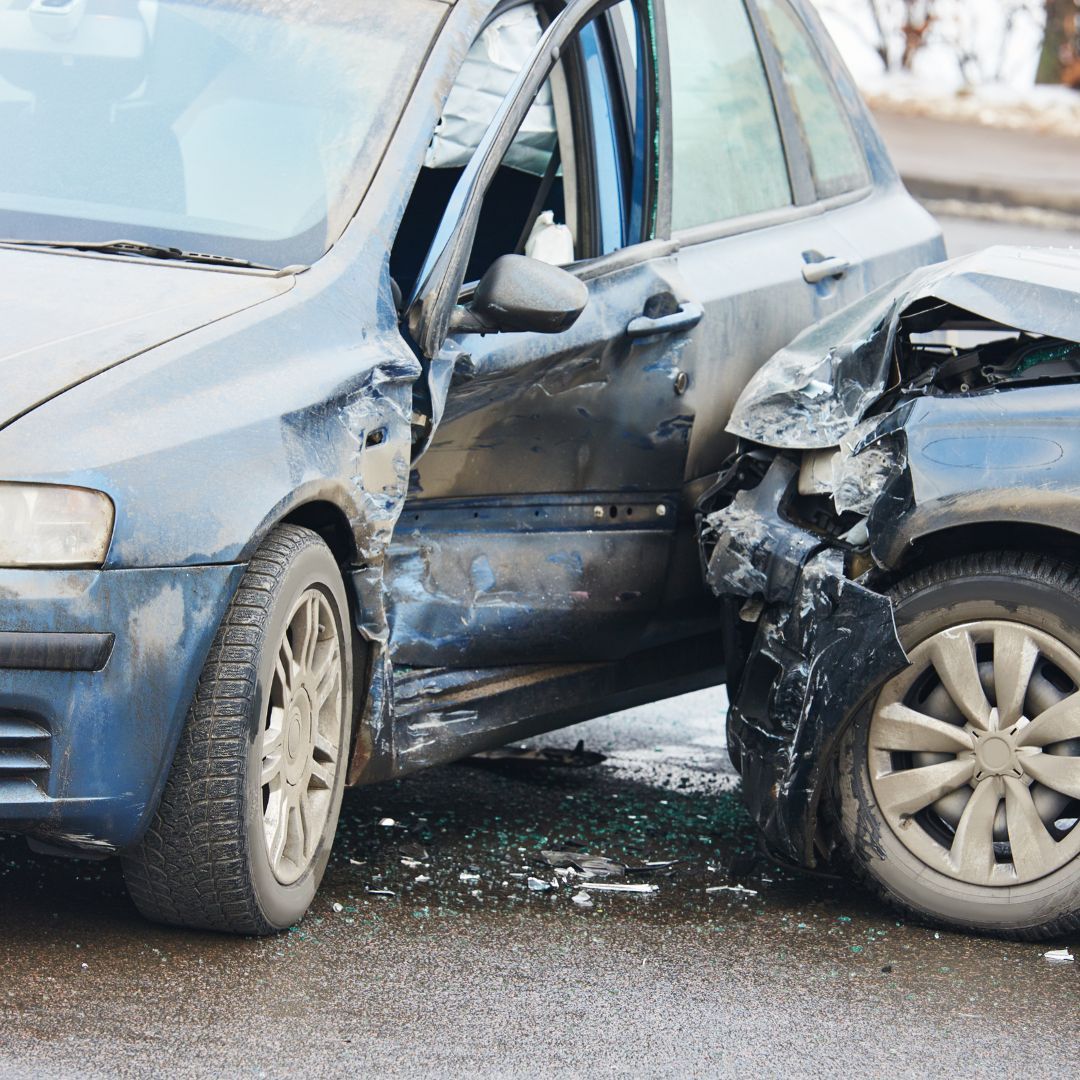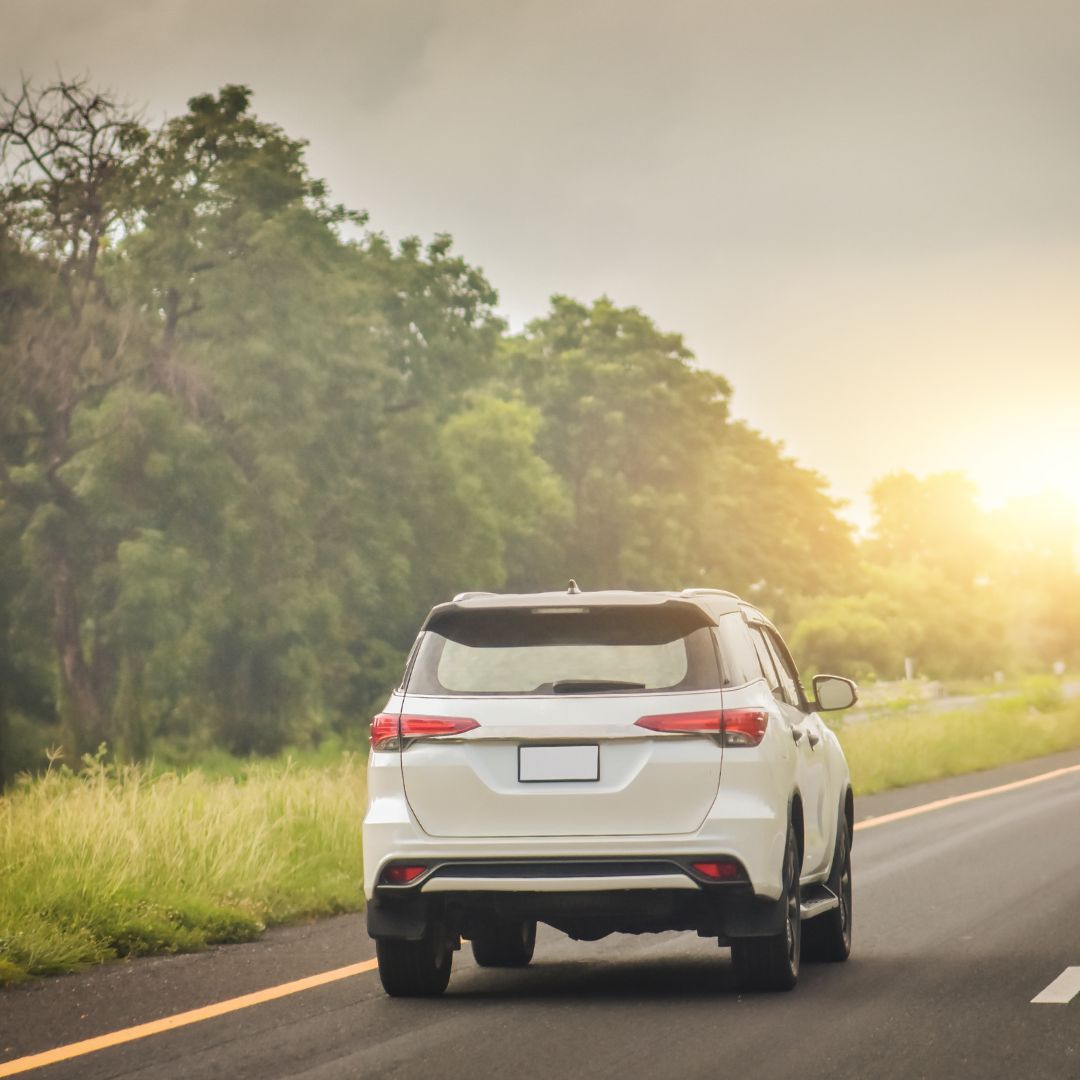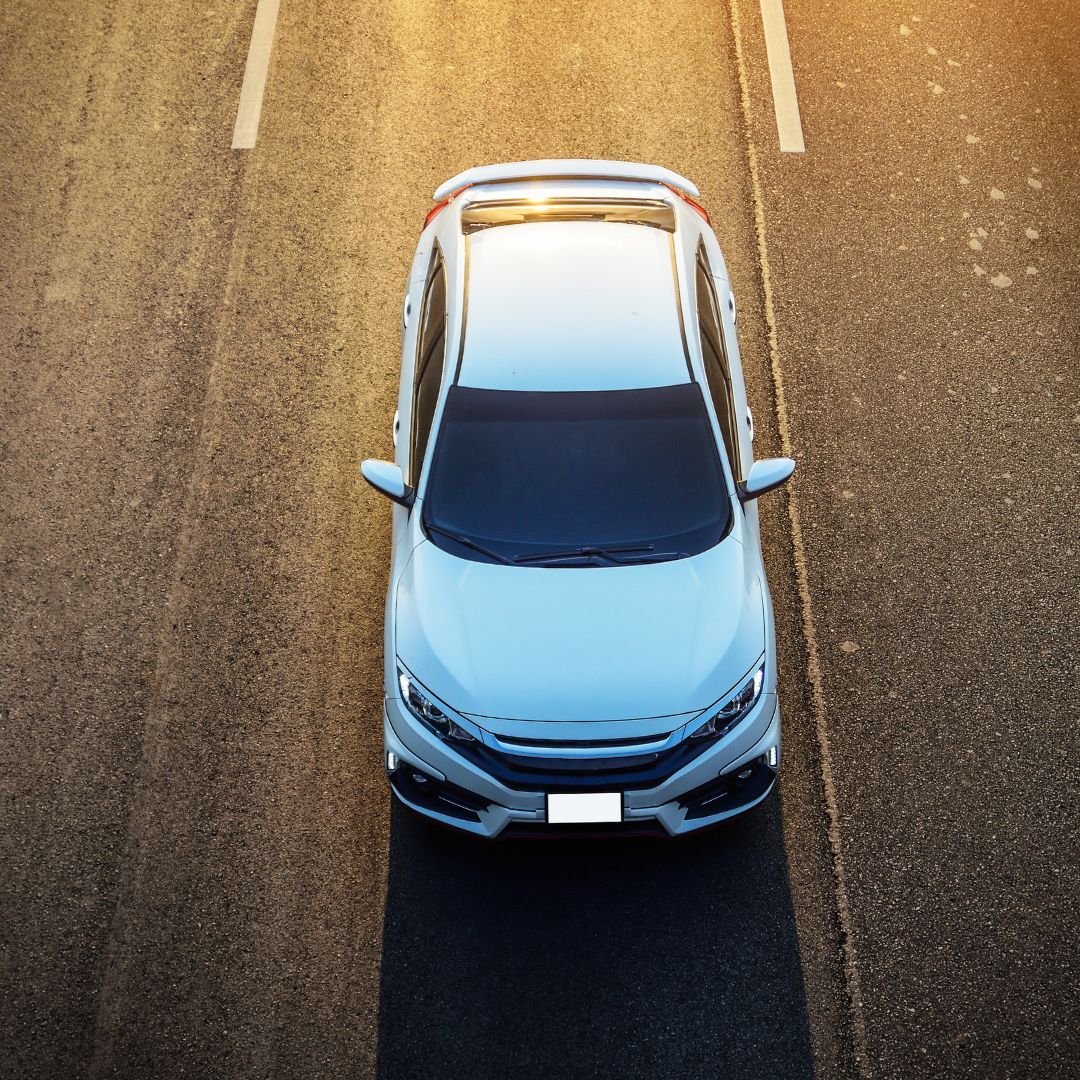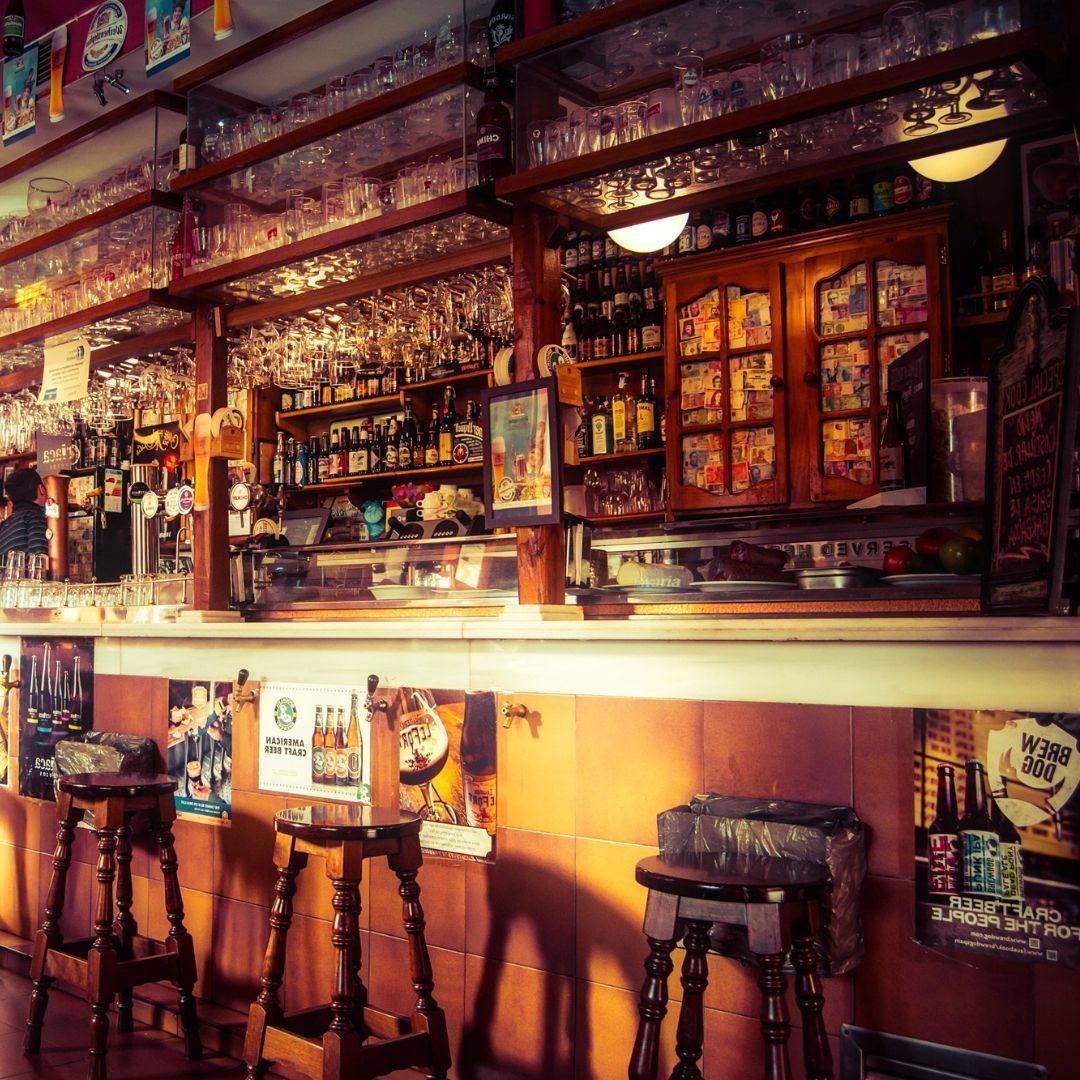Get in touch
419-720-5825
agency@midwest-insure.com
Drunk Driving and Your Bar: Understanding Your Liquor Liability Risks
See How We're Different
or call us: 419-720-5825
In the hospitality industry, particularly in bars and restaurants, understanding the risks associated with serving alcohol is crucial. One of the most significant risks is drunk driving, which can lead to severe consequences for both the intoxicated individual and the establishment that served them. This article will delve into the concept of liquor liability, its implications, and how bar owners can mitigate these risks.
Liquor Liability: An Overview
Liquor liability refers to the legal and financial responsibility that establishments serving alcohol have towards their patrons and the general public. It is based on the premise that businesses providing alcoholic beverages have a duty of care to ensure that their patrons do not cause harm to themselves or others due to intoxication.
In many jurisdictions, laws known as "dram shop" laws are in place. These laws hold alcohol-serving establishments liable for damages caused by their intoxicated patrons, including damages resulting from drunk driving incidents. The liability can extend to include injuries, property damage, and even loss of life.
Understanding the Risks
Legal Risks
The legal risks associated with liquor liability are substantial. If a patron leaves your establishment intoxicated and causes an accident, your bar could be held legally responsible. This could result in costly lawsuits, fines, and potentially, the loss of your liquor license.
Moreover, the reputation of your establishment could be severely damaged, leading to a loss of clientele and revenue. In the worst-case scenario, criminal charges could be filed against the establishment or its owners, leading to potential jail time.
Financial Risks
Financially, the repercussions of a drunk driving incident linked to your establishment can be devastating. Legal fees, court costs, and potential settlements or judgments can quickly escalate into the hundreds of thousands, if not millions, of dollars.
Additionally, your insurance premiums may increase significantly, or your coverage could be dropped entirely, making it more difficult and expensive to operate your business.
Preventing Drunk Driving: Strategies for Bars
Training Staff
One of the most effective ways to prevent drunk driving is to ensure that your staff is adequately trained. Employees should be able to recognize the signs of intoxication and know how to refuse service to overly intoxicated patrons tactfully.
Many jurisdictions offer formal training programs, such as the Responsible Beverage Service (RBS) training, which provides staff with the knowledge and skills needed to serve alcohol responsibly. Implementing such a program in your establishment can significantly reduce your liquor liability risks.
Implementing Policies
Having clear policies in place is another crucial step in mitigating liquor liability risks. These policies should outline when and how to refuse service, how to handle unruly patrons, and the steps to take if a patron is suspected of being too intoxicated to drive.
These policies should be clearly communicated to all staff members and strictly enforced. Regular meetings can be held to discuss these policies and address any questions or concerns.
Offering Alternatives
Providing alternatives to driving can also help prevent drunk driving incidents. This could include partnering with local taxi companies or rideshare services to offer discounted rides for patrons, or offering incentives for designated drivers, such as free non-alcoholic beverages.
Some establishments also offer to call a taxi or arrange a ride for patrons who appear too intoxicated to drive. While this may require extra effort and resources, it can significantly reduce the risk of a drunk driving incident and the associated liquor liability risks.
Insurance: Protecting Your Business
Despite your best efforts, it's impossible to eliminate all risks associated with serving alcohol. That's where liquor liability insurance comes in. This type of insurance can protect your business from the financial fallout of a liquor-related incident.
Liquor liability insurance can cover legal fees, settlements, and medical costs associated with incidents caused by intoxicated patrons. It's important to note, however, that this insurance typically doesn't cover incidents involving underage drinking or situations where alcohol was served to a visibly intoxicated patron.
Working with an experienced insurance agent can help you understand the coverage options available and choose a policy that best fits your business's needs and risk profile.
Conclusion
Understanding and managing your liquor liability risks is crucial in the bar industry. By training your staff, implementing clear policies, offering alternatives to driving, and obtaining adequate insurance coverage, you can protect your business and contribute to a safer community.
Remember, the goal is not just to comply with the law, but to ensure the safety and wellbeing of your patrons and the public. By doing so, you can maintain a successful and respected establishment in the hospitality industry.
Recent Posts
Midwest Insurance Network is an independent insurance agency offering a one-on-one service for all our insurance clients. We help you navigate the sea of policy options and clarify any questions or concerns you may have along the way.
Quick Links
Services
All Rights Reserved | Midwest Insurance Network.

